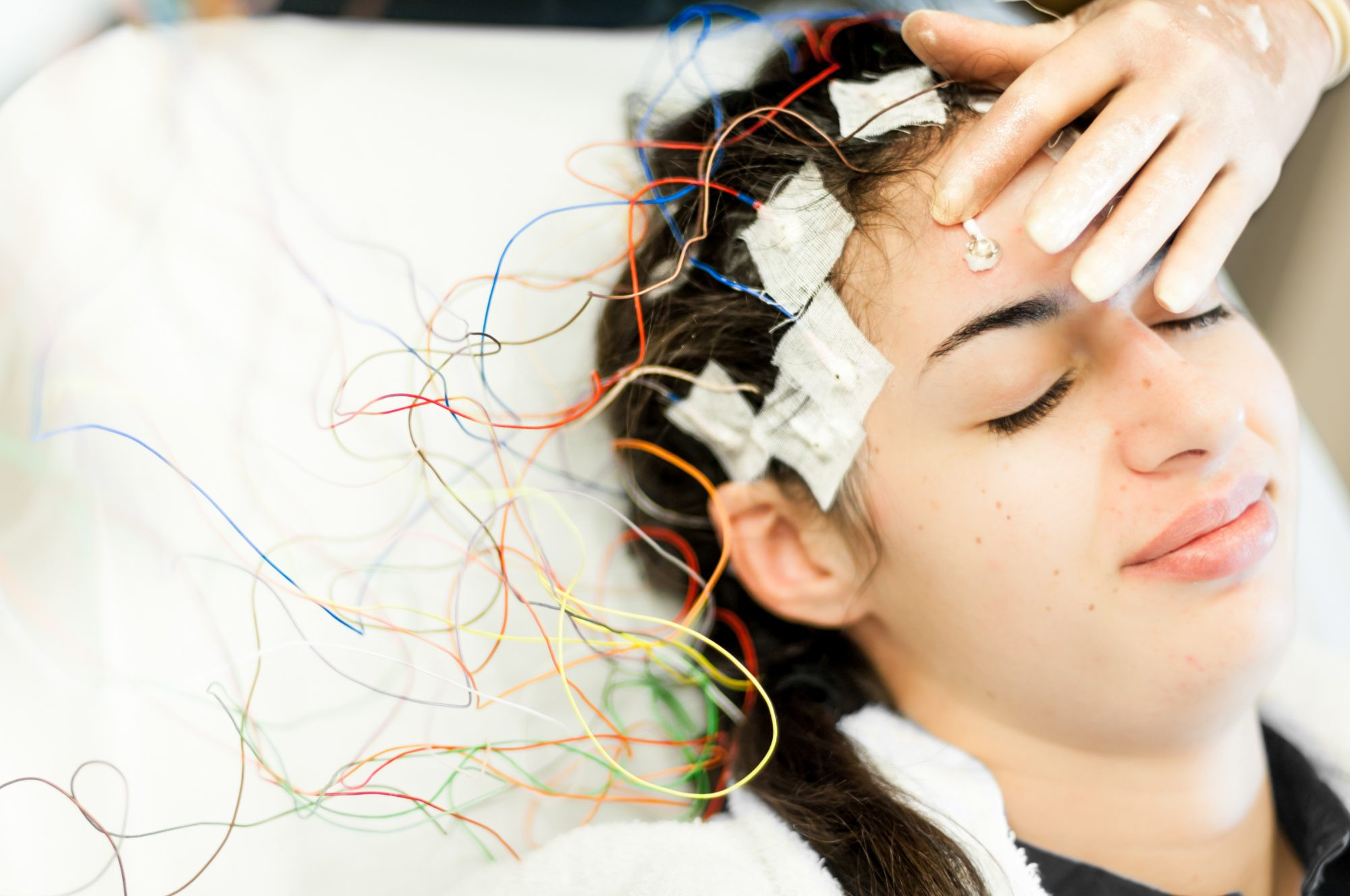Definition
Alzheimer's is the most common cause of dementia, accounting for 60% to 80% of all dementia cases. Dementia is a brain disorder that results in the loss of memory, and intellectual, and social abilities. This progressive disease disrupts mental functions such as memory and behavior.
Causes
The exact cause of Alzheimer's disease is unknown. However, it is believed to be caused by protein deposits in the brain that block nutrient supply to brain cells. Research indicates that having a parent with Alzheimer's makes one up to 79% more likely to inherit the disease.
Risk factor
Risk factors for developing Alzheimer's disease include:
- Age over 60 years
- Family history
- Gender, with women more likely to develop Alzheimer's than men
- History of head trauma
- Lifestyle factors
- Obesity
- Smoking
- Low education levels
Symptoms
One of the main reasons Alzheimer's disease is rarely diagnosed early is because initial symptoms are often mistaken for signs of stress or natural aging.
In the early stages, individuals with Alzheimer's may experience:
- Mild memory impairment or forgetfulness, such as forgetting the names of objects or places, and recent events or conversations
- Difficulty with language, reading, writing, motor skills, and balance
- Long-term memory loss
- Mood swings, such as increased irritability, emotional instability, aggression, delusions, and incontinence
These symptoms can take about eight years to develop before Alzheimer's can be definitively diagnosed. Over time, symptoms worsen. In advanced stages, individuals with Alzheimer's have difficulty speaking or explaining things, planning, and making decisions, appearing confused, and undergoing personality changes. They also may struggle to recognize familiar faces. Without assistance, individuals with advanced Alzheimer's cannot perform routine tasks. While Alzheimer's itself is not fatal, it can make patients vulnerable to pneumonia, ulcers, and other conditions.
Diagnosis
Diagnosing Alzheimer's disease typically involves evaluating the patient's symptoms and conducting tests to help confirm the diagnosis. A physical examination may include a neurological exam to assess reflexes, muscle strength, vision, hearing, coordination, and balance. Patients may also be asked to rise from a chair and walk across the room. Laboratory tests can rule out other causes of memory loss and confusion, such as thyroid disorders and vitamin deficiencies.
A brief mental status test assesses memory and thinking skills, and more extensive cognitive tests may be performed if needed. Brain imaging can identify other abnormalities associated with Alzheimer's symptoms, such as stroke, trauma, or tumors that could cause cognitive changes similar to dementia symptoms. MRI can produce detailed brain images to rule out other conditions and assess brain areas affected by Alzheimer's. CT scans can rule out tumors, strokes, and head injuries. PET scans and cerebrospinal fluid analysis may also be recommended.
Management
Management of Alzheimer's disease focuses on reducing symptoms and slowing disease progression. Treatments can include medications that help with memory symptoms and other cognitive changes, such as cholinesterase inhibitors, memantine (Namenda), antidepressants, and anti-anxiety medications.
Supportive management involves creating a safe and supportive environment, adjusting living situations to meet the needs of someone with Alzheimer's, and establishing and reinforcing routines while minimizing tasks that require memory. Regular exercise is important for individuals with Alzheimer's, as it can improve mood and maintain joint, muscle, and heart health. Exercise also enhances sleep quality and prevents constipation. When exercising outside, individuals with Alzheimer's should wear identification tags with their name, address, and contact number.
People with Alzheimer's often forget to eat and drink enough, leading to dehydration and constipation. Therefore, ensuring they receive adequate nutrition and hydration is essential.
Complications
Common complications in Alzheimer's patients, particularly those with other illnesses, include forgetting to take medications and failing to report other medical conditions. In advanced stages, patients may have difficulty swallowing, balance issues, and trouble controlling urination, leading to falls and fractures, malnutrition, dehydration, bedsores, choking, respiratory problems, and infections. Pneumonia and malnutrition are common causes of death in Alzheimer's patients.
Prevention
There is currently no proven way to prevent Alzheimer's disease, but certain measures can reduce the risk. These include quitting smoking, maintaining a healthy weight, eating a balanced diet, exercising regularly, and taking brain-healthy supplements. Research suggests that reducing the risk of heart disease may also lower the risk of Alzheimer's and vascular dementia. Risk factors for heart disease, such as high blood pressure, high cholesterol, obesity, and diabetes, also increase the risk of Alzheimer's. Staying physically, mentally, and socially active can make life more enjoyable and help reduce the risk of Alzheimer's.
When to see a doctor?
If you experience any of the symptoms described above, it is advisable to see a doctor. This is especially important if you have a family history of Alzheimer's disease and are over 60 years old. Every individual is different, so always discuss your situation with your doctor to find the best solution for you.
Looking for more information about other diseases? Click here!
- dr. Yuliana Inosensia
Bekris, et al. (2010). Genetics of Alzheimer Disease. J Geriatr Psychiatry Neurol. 23(4), pp. 213–227.
NHS Choices UK (2018). Health A-Z. Alzheimer’s Disease.
Mayo Clinic (2017). Diseases and Conditions. Alzheimer’s Disease.
NIH (2016). National Institute on Aging. Alzheimer's Disease Fact Sheet
Lakhan, S. Medscape (2018). Alzheimer Disease.
WebMD (2017). Understanding Alzheimer’s Disease – Symptoms.WebMD (2016). Causes of Alzheimer’s Disease.







